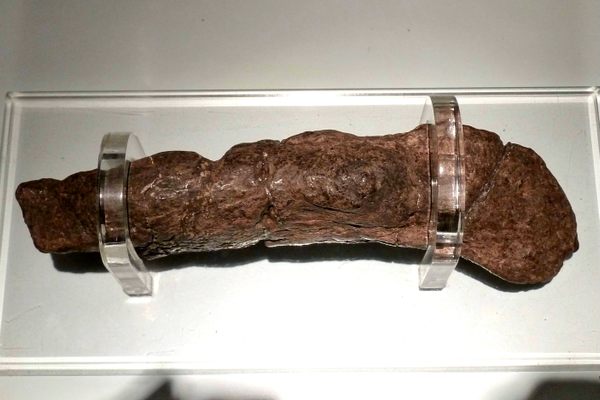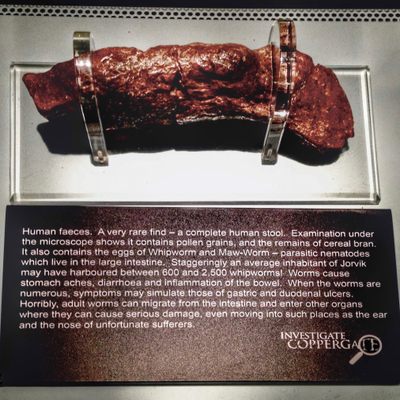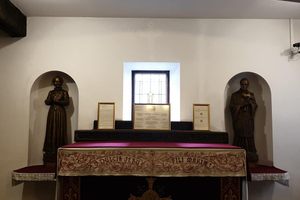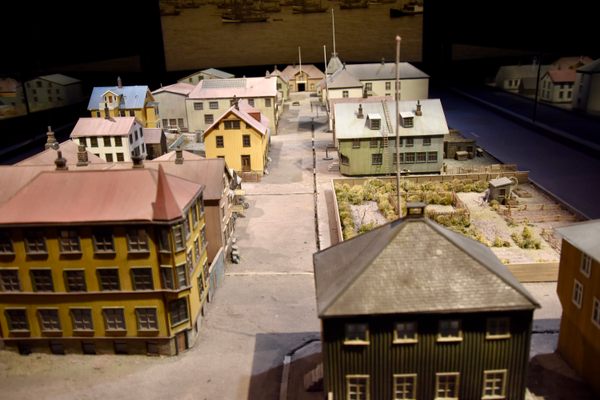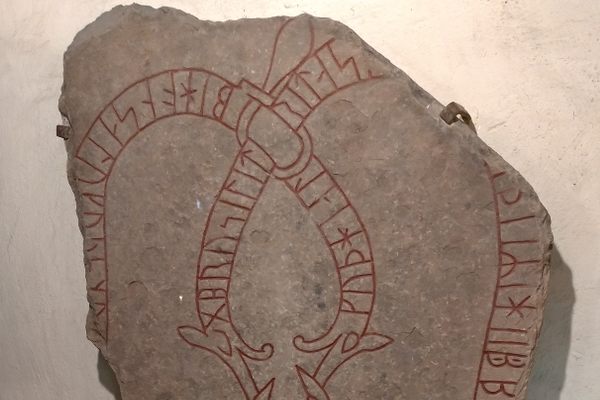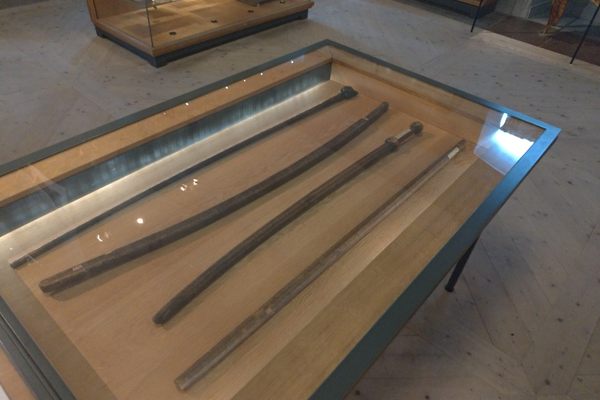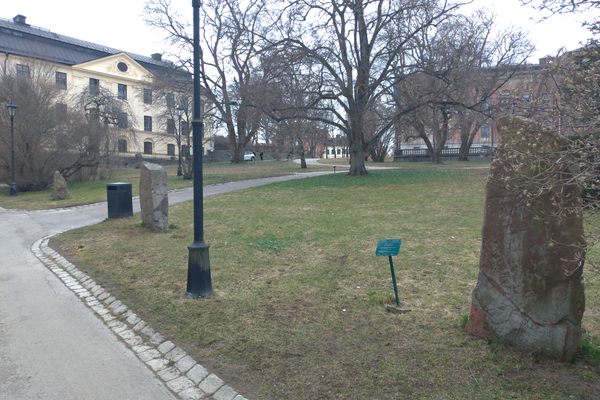About
This piece of fossilized Viking poop is so well-preserved, one paleoscatologist called it as “precious as the crown jewels.” Archaeologists have dated the dung back to the ninth century, when what’s now York was ruled by Norse warrior-kings.
This coprolite (fossilized feces) was discovered in 1972 in York under what was to become a local bank. As such, it’s been named the Lloyds Bank coprolite, or more colloquially, the Lloyds Bank turd.
Paleoscatologists determined that the human who deposited this now-renowned, seven-inch specimen had a diet of meat and bread. Unfortunately for that poor, long-dead soul, they also had a handful of intestinal issues. The scat was scattered with whipworm and maw-worm eggs, which would have caused stomach aches and other more unfortunate gastrointestinal symptoms.
Today, the coprolite is on display in the museum section of the Jorvik Viking Centre inside a glass box. In 2003, a visitor group dropped the specimen and broke into three pieces. It has since been repaired, but don't expect to get your hands dirty holding it!
Related Tags
Know Before You Go
The coprolite is located inside the Jorvik Viking Centre, after the decidedly 21st century theme park ride. It's fairly early on in the exhibition area, on the left hand side in a section called 'Diet and Health'.
An adult ticket costs £15. It's advisable to book in advance.
The attraction is wheelchair accessible, but anyone with access requirements should read the information on the website before visiting.
Community Contributors
Added By
Published
December 26, 2018
Sources
- http://www.todayifoundout.com/index.php/2016/02/a-historic-defecation-the-curious-case-of-the-lloyds-bank-turd/
- https://en.wikipedia.org/wiki/Lloyds_Bank_coprolite
- http://www.bbc.co.uk/ahistoryoftheworld/objects/51Et55R_RuCmabtTgQllzQ
- https://www.theguardian.com/careers/2016/may/12/paleoscatologists-dig-up-stools-as-precious-as-the-crown-jewels
